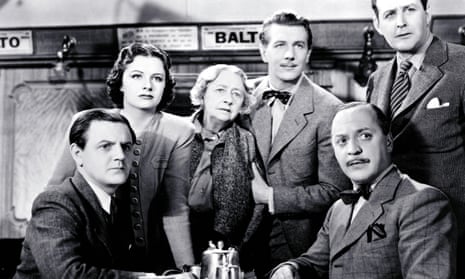Editorial
All who appreciate the great advance made during the four years of its life by British Actors’ Equity in securing decent terms of employment for its members must hope that it will not at this stage of its history come to grief on the rock that shattered its predecessor the Actors’ Association. This rock was the enforcement of the “closed shop.”
The gains that are jeopardised by the possibility of a setback now are considerable. Last month Equity ratified a basic contract agreed on with the representatives of the managerial associations guaranteeing, among other things, a minimum wage for the chorus of £3 10s a week in London, payment for rehearsals, and clear terms of employment whether for the run of a play or terminable at a fortnight’s notice on either side. This success is the culmination of a long fight, dating from the days of the famous Valentine contract, to regularise conditions of employment.
Equity has succeeded in enlisting in its ranks a far greater proportion of the personnel of the stage than any organisation of the kind before it; and, with the assistance of the Conciliation Board, over which Lord Esher presides, has secured a great measure of agreement by managements to its demands.
A dispute which divided its ranks would be a misfortune to the future of the profession. But it is impossible to forget that it was on just this issue of compelling members to refuse to work with non-members that the Actors’ Association was split, the Stage Guild formed and the whole progress of the movement for securing a minimum wage and eliminating the reckless or bogus manager set back ten years.
It is the argument of the managers who today refuse to add an “Equity shop” clause to their contracts that if the contracts are otherwise satisfactory Equity should be content. The public, which has every sympathy with Equity’s cause, may wonder whether at this stage it is not the wiser policy to consolidate the gains made and seek to achieve 100 per cent membership by persuasion of its benefits rather than to resort to a compulsion that may again bring disruption.

Comments (…)
Sign in or create your Guardian account to join the discussion